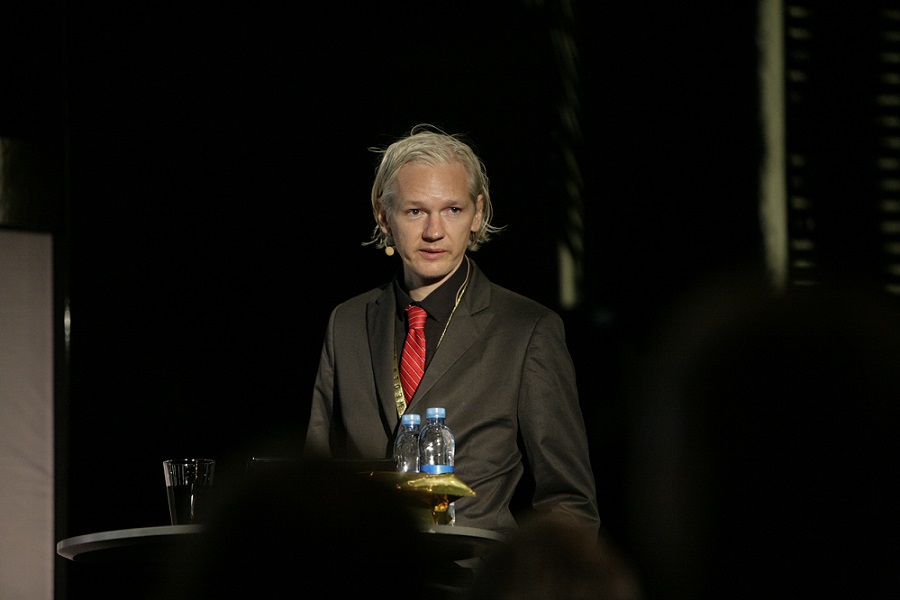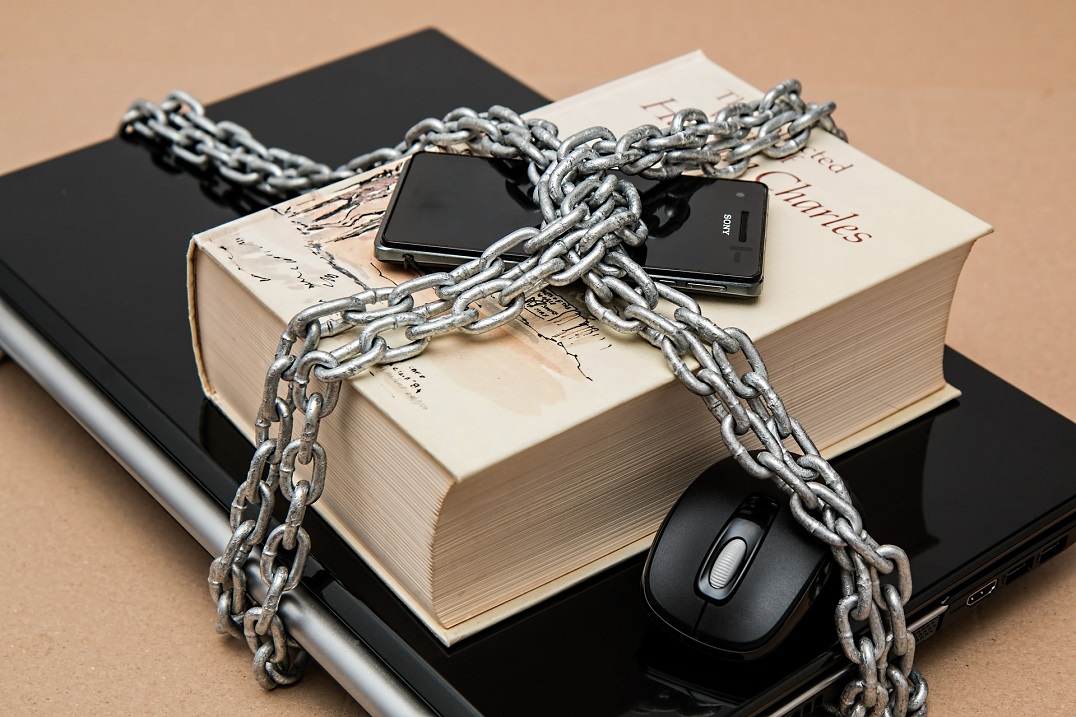The five major media outlets that partnered with Wikileaks in 2010 to publish stories based on confidential diplomatic cables from the US State Department have called on the Biden Administration to end its prosecution of Assange.

Obtaining and disclosing sensitive information when necessary in the public interest is a core part of the daily work of journalists.
“If that work is criminalised, our public discourse and our democracies are made significantly weaker,” reads the letter from the publishers and editors of The New York Times, The Guardian, Le Monde (France), Der Spiegel (Germany) and El País (Spain).
Their argument hinges on the premise that “publishing is not a crime” to pressure the US Government to drop the charges against Australian journalist Julian Assange, founder of the Wikileaks website. Assange, who faces extradition to the United States, is accused of 18 offences under the Espionage Act of 1917 and of computer hacking. In 2010, through the Wikileaks platform, he released thousands of secret Pentagon military documents concerning the wars in Iraq and Afghanistan.
“This indictment sets a dangerous precedent, and threatens to undermine America’s First Amendment and the freedom of the press,” warn media outlets, including British newspaper The Guardian and US newspaper The New York Times.
According to the letter, it is time to rescind all charges against Assange, who has spent more than three years languishing in a high security prison in London.
 “Twelve years after the publication of ‘Cable gate’, it is time for the U.S. government to end its prosecution of Julian Assange for publishing secrets,” reads the letter, signed by the publishers and editors of The New York Times, The Guardian, Le Monde (France), Der Spiegel (Germany) and El País (Spain).
“Twelve years after the publication of ‘Cable gate’, it is time for the U.S. government to end its prosecution of Julian Assange for publishing secrets,” reads the letter, signed by the publishers and editors of The New York Times, The Guardian, Le Monde (France), Der Spiegel (Germany) and El País (Spain).
It has certainly been published at a key time, as Assange battles Washington’s attempts to extradite him to stand trial for violating the Espionage Act of 1917.
If found guilty on all counts, Assange faces up to 175 years in prison for publishing classified information – a common practice among journalists, according to the webpage Internet Common Dreams.
Organisations defending the freedom of the press warn that prosecution of Assange would pose a threat to journalists around the world, a message echoed by the five media outlets in their letter.
The so-called “Cable gate” leak involved over 250,000 confidential US diplomatic cables, which offered what the Times called “an unprecedented look at back-room bargaining by embassies around the world.”
For example, on 5 April 2010, Wikileaks leaked the video Collateral Murder, providing a comprehensive visual account of how the crew of an Apache attack helicopter assassinated 12 Iraqi civilians in a Baghdad suburb, including Reuters photographer Namir Noor-Eldeen.
 As the letter points out, “The Obama-Biden Administration, in office during the Wikileaks publication in 2010, refrained from indicting Assange, explaining that they would have had to indict journalists from major news outlets too.
As the letter points out, “The Obama-Biden Administration, in office during the Wikileaks publication in 2010, refrained from indicting Assange, explaining that they would have had to indict journalists from major news outlets too.
Their position placed a premium on press freedom, despite its uncomfortable consequences.”
However, under the Trump Administration, “the position changed,” and the Department of Justice “relied on an old law, the Espionage Act of 1917 (designed to prosecute potential spies during World War 1), which has never been used to prosecute a publisher…” Despite stark warnings from human rights groups, the Biden Administration decided to continue with the extradition and potential prosecution of Assange.
In June, the UK formally approved the request to turn him over to the US justice system, despite a judge noting that the move would endanger Assange’s life.
His legal team lodged an appeal in August, arguing that the Wikileaks founder is “being persecuted and punished for his political views.”
(Translated by Rebecca Ndhlovu – rebeccandhlovu@hotmail.co.uk) – Photos: Pixabay












.jpg)












